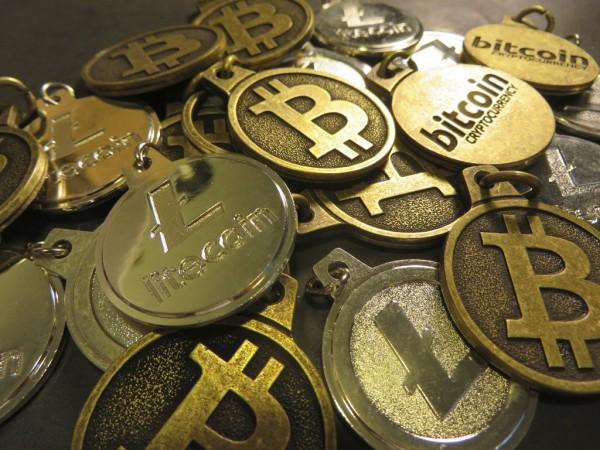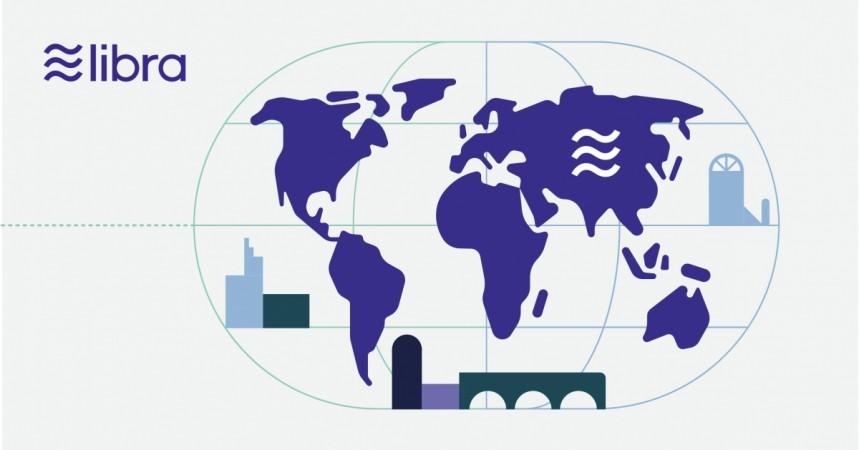
Finance Minister Nirmala Sitharaman is treading with caution on the crypto-currency adoption, revealing little. Asked about the hype surrounding Facebook's Libra, which will be competing with already established blockchain-based cryptos like Bitcoin and Ethereum, Sitharaman said there are many who caution against rushing to crypto.
Sitharaman sought to sidestep the buzz around Libra, announced by Facebook chief Mark Zuckerberg, which was a topic of discussion at the plenary sessions of the International Monetary Fund (IMF) and the World Bank in Washington.
Sitharaman said Reserve Bank of India (RBI) governor Shaktikanta Das had mentioned the challenges of adopting such a monetary medium.
The RBI has banned the use of cryptocurrencies for transactions in India, branding the currencies as illegal. The law enforcement authorities forced to shut the only Bitcoin ATM in India in Bengaluru earlier this year.
"On our side, the Reserve Bank Governor spoke about it during our turn to intervene. I got the sense that many countries were cautioning on rushing into this," Business Standard quoted Sitharaman as saying.

"Some of them (countries) of course even suggested that they shouldn't be using, all of us shouldn't be using the name stable currency because that's the expression they used. Many cautioned to the extent saying even the name should not be 'stable currency', it should relate to virtual currency or something of the kind," she said.
"In fact, this morning some of the presentations were also highlighting the strengths of such virtual currency. But equally everyone without fail spoke about the challenges together with talking about it as a necessary step forward. So everyone was stepping cautiously on it," she added.
IMF Managing Director Kristalina Georgieva has said the organization has been engaged extensively with others, like the Financial Stability Board and the European Central Bank on the question of digital currency.
"We take a very balanced approach. We look at the ease of use, cost savings, and most importantly, financial inclusion as very important benefits. But we are also very mindful that they can be a risk for privacy, consumer privacy," Goergieva said
The New York Times reports that though China blocks Facebook and its platforms in the country, the increasing hype about Libra gives Beijing a reason to push its digital currency. Some security experts in China sees the potential for Libra to upstage the existing world financial system and even bulldoze traditional authorities of governments and central banks.
A Chinese central bank official said that if Libra grows in popularity, it has the potential of becoming a 'super sovereign' entity.
Though the People's Bank of China started a cryptocurrency research group as early as 2014, the authorities closed it down in 2017 after the rise in speculation over Bitcoin that pushed its exchange rate to the dollar sky-high. However, the announcement of Libra rekindled Beijing's interest in the crypto and the central bank has revealed there is indeed one in the works.
Central bank chief Yi Gang said last month the new virtual currency is expected to replace as medium only for a part of the transactions, setting off speculation the launch date is close. The Chinese authorities are reportedly interested in the control that they can exert on a sovereign virtual currency.
















